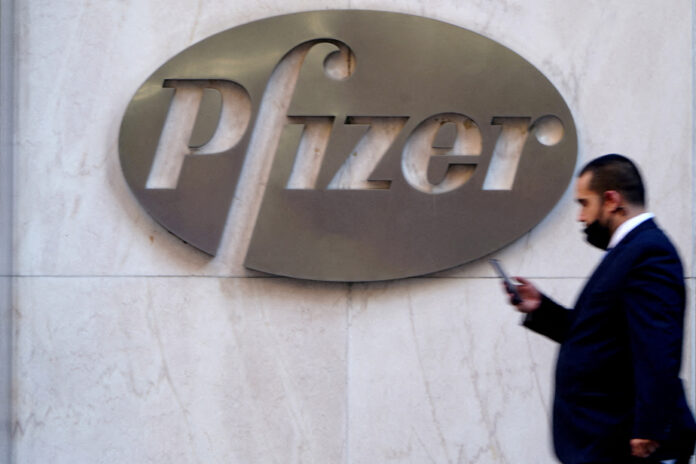(New York) The American pharmaceutical giant Pfizer announced on Tuesday that its acquisition of the biotech Seagen, specializing in oncological treatments, should be effective on Thursday, thanks to the expiration of deadlines linked to antitrust measures and regulatory green lights.
“Pfizer and Seagen have now received all necessary regulatory approvals to complete the acquisition,” Pfizer said in a statement, adding that the waiting period under the Hart-Scott-Rodino Act expired on Monday.
This 1976 law requires groups present in the United States to notify their proposed merger to the Department of Justice and the competition authority Federal Trade Commission (FTC).
These administrations have a deadline to take up the file? Otherwise, the operation is considered not to present any competition problems.
“Pfizer anticipates finalizing the acquisition of Seagen on December 14, 2023, upon completion of customary conditions” in this type of transaction, the group continued.
Pfizer announced on March 13 the acquisition of Seagen for $43 billion, financed by debt and its cash flow.
“Pfizer is deploying its financial resources to advance the fight against cancer,” Albert Bourla, CEO of Pfizer, explained in a press release at the time.
The giant published record results in 2022 thanks to its Comirnaty vaccine – developed with the German laboratory BioNTech – and its anti-COVID-19 treatment Paxlovid.
But he had warned that this windfall would dry up, which materialized beyond his anticipations. It announced on October 13 a charge for impairment of its anti-COVID-19 stocks in the third quarter equivalent to $5.5 billion, including $4.6 billion for Paxlovid.
Seagen has developed targeted therapies, with the aim of targeting cancer cells with greater precision, thus reducing side effects, a promising technology. At least four of its treatments have already been approved by American authorities.
The European Commission approved, unconditionally, in October its takeover by Pfizer, seeing “no competition problems” in Europe.
On the other hand, to allay the FTC’s concerns, Pfizer “chose to irrevocably donate the rights generated by sales of Bavencio (avelumab, anticancer drug) in the United States to the American Association for Cancer Research.”
Furthermore, the group has decided to modify its commercial structure by creating a Pfizer Oncology Division branch. This new organization should come into effect on January 1st.















